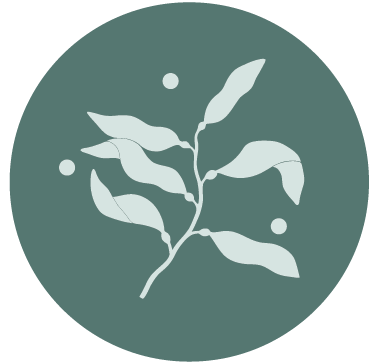Old Girl & Middle Town
Dimakatso Sedite
Old Girl
There’s a truck fragrant with crushed grass
carrying rumours across dotted huts.
A dog harsh in fawn fur sits on stilts,
listens as church bells chime for nothing.
The hours are long, even longer is the trail
of Old Girl’s wheelbarrow, potatoes tumbling
over boulders as she stumbles down the hill
to sell some in sacks and make some cash,
last year’s winter sitting in her bones.
Sand salts her tongue, grits her nostrils,
flies fry white in the sun, the wind is
augusting with dust that lugs under a rug.
The sun is hot on her rosary of silver,
a body splays in pain on its cross,
the bishop’s cloak is smattering the streets,
haunted by missionary outposts of Kuruman,
where birds sit pinched into pegs on a clothesline,
watching Old Girl stew into fruit in the sun.
A vein is a fat worm sitting on her neck,
a bunion flees her toe but gets stuck in a bone ‒
In the bush something’s writhing,
perhaps it won’t be chopped by a hatchet
on a stump of wood this time around.
There’s a dark patch where her mind
used to be, her head crams with feathers.
A blue rope of her Sunday garb wraps around
her waist like spaghetti & loses its harness
the next day as if to end its lease with her soul.
Her rags sit in a knot, ready for another trek
to a town where summer covers the harbour.
Whenever there’s a ruffle in the air of Durban,
I know it’s the unleashed soul of Old Girl.
Middle town
From Yellow Shade (Deep South, 2021)
Growing up in middle-town, clouds looked for an excuse to split
and flee my plainness; my cropped carpet hair echoed my muteness,
which crawled into a classroom filled with whipping canes,
and many songs we sang to make us forget we had no textbooks.
After school, we’d stop by Ntate Moruti, to speak more songs,
about Bethlehem, Judea, our cartilage selves breaking locust legs
of his bench, as we waited for peaches on his tree to redden.
Being homesick means looking through your keyhole of childhood,
to find shiny water buckets missing you.
You become a box breaking into pieces to squat
on a sugar bowl, on a time-washed table, on melamine floors.
Faith hangs like a spider web on Jesus’ Cross,
next to the arms of a dead clock that guards these mute things
that refuse to die with us. Limbs of an apple tree
whip the roof’s gutters with stories, as the sun’s wreckage
lands on the buttocks of dishes in the sink.
Feeling empty is returning to a textbook of friends long snatched
by an illness so ruthless, you could hear their young veins break,
leaving the wind alone to deal with a lorry of grief.
Growing old is a basket cracking your mind everywhere,
sniffing at an hour when friends stopped calling,
as they intrude into your memories like trees.
Ageing is watching your children needing you less and less,
as your bad poems sink into themselves,
as your cloth of defeat trails behind.
Being helpless is watching my mother forget how to
button a shirt – how to hold important things together –
as time stands between her and the mist.
It’s hearing a night with my man tear up into a glass of day,
or watching his heart crash into a younger woman’s chest,
and knowing there is nothing I can do about it.
Dimakatso Sedite is the author of Yellow Shade (Deep South, 2021), which jointly won the 2022 HSS Award and was shortlisted for the Ingrid Jonker Prize. Her poem ‘Yellow Shade’ was the joint winner of the 2019 DALRO Prize. Her poems have appeared in Botsotso, Aerodrome, New Coin, Kalahari Review, Stanzas, Time of the Writer, Sol Plaatje EU Poetry, McGregor Poetry, Teesta Review, BKO and elsewhere. She was born and raised in Bloemfontein and currently lives in Pretoria.



